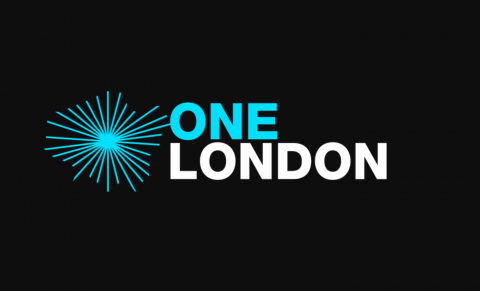
With the right analysis, medical data can be used to generate valuable insights to help improve the health and wellbeing of the very population the data comes from. From supporting frontline staff in providing high quality and safe care, to performing medical research and discovering new treatments and cures, data can be used to revolutionise the way we look after and treat people. But while population health is important, it is also vital that we protect the privacy of the people whose data we use.
That’s why Local Health and Care Record Exemplar OneLondon commissioned the Understanding public expectations of the use of health and care data report – to understand exactly what Londoners expect in terms of how their health and care information is used, weigh up the concerns and benefits based on real-life situations and make sure that London’s health and care system meets people’s expectations.
Imperial College Health Partners was commissioned by OneLondon over two years to support their public engagement programme, culminating in a massive public deliberation and Citizen’s Summit in February 2020.
We partnered with Ipsos Mori and the King’s Fund to bring together 100 Londoners for the deliberation and Citizen’s Summit, which took place between 1-2 February and 29 February-1 March.
The aim was, through debate and deliberation, to understand Londoners’ expectations as to how their health and care data should be used, who should have access to it, and for what purpose. These expectations would then be delivered as recommendations to a panel of local and national system leaders, politicians and policymakers.
The four days of the deliberation each had overarching themes. These were:
Day 1: Data for individual care in a health setting, including access and control.
Day 2: Use of data for individual care in a social care setting, including access and control, and the use of de-personalised data for proactive care.
Day 3: The approval of requests to access data for ‘secondary uses’ (including planning, improvement and research) based on Londoners’ thoughts on what constitutes ‘public benefit’.
Day 4: Recommendation forming based on the first three days, including issues around ongoing public involvement in the oversight of use of data for planning and research.
Across the days discussion was stimulated by talks from healthcare and data experts ranging from frontline workers and Information Governance experts, to ICHP’s directors.
Talks were followed by table discussions, which were then fed back to the room as a whole by facilitators.
On the final day participants worked in groups to create recommendations, which were then further discussed and shaped, culminating in a summit vote on how policy should be shaped for joining up data for reasons beyond individual care.
On 30 June 2020 OneLondon published a report setting out the recommendations and conditions formed by Londoners at the Citizens’ Summit, including how and why they reached these decisions.
The report gives recommendations and conditions on handling and using health and care data, which were established by Londoners through the deliberation.
Areas covered include:
OneLondon will now use the report to develop a single set of policies for joining up people’s health and care data in a way that is legitimate and continues to build trust and confidence.
These policies, formed by participants through the Citizens’ Summit provide a clear directive to the health and care system.
Creating the right conditions to involve the public in policymaking – by Mark Kewley, ICHP Director of Strategy
Building public trust in the use of health information to improve health and care – by Amy Darlington, ICHP Executive Director